Where quality starts
We raise our Turkish Salmon from triploid eggs sourced from long-term partners specialized in selective breeding for growth, health, and meat quality. These eggs are incubated at our Muğla hatchery under optimal water conditions and strict biosecurity protocols to ensure strong, consistent performance.
For our sturgeon program, we have brought in Beluga, Oscietra, Persicus, and Sterlet broodstock from their native Caspian habitats. Today, AyFish is already producing sturgeon eggs domestically—ensuring long-term self-sufficiency and contributing to the national goal of expanding Türkiye’s sturgeon farming capacity.
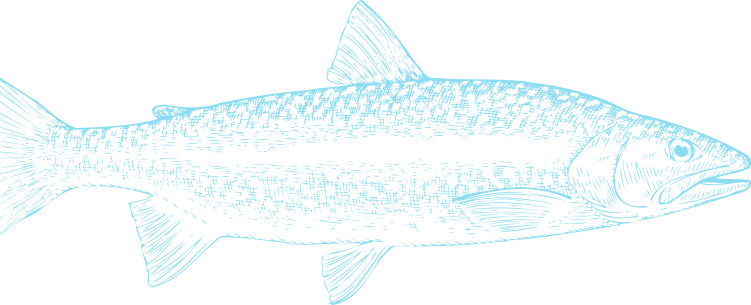

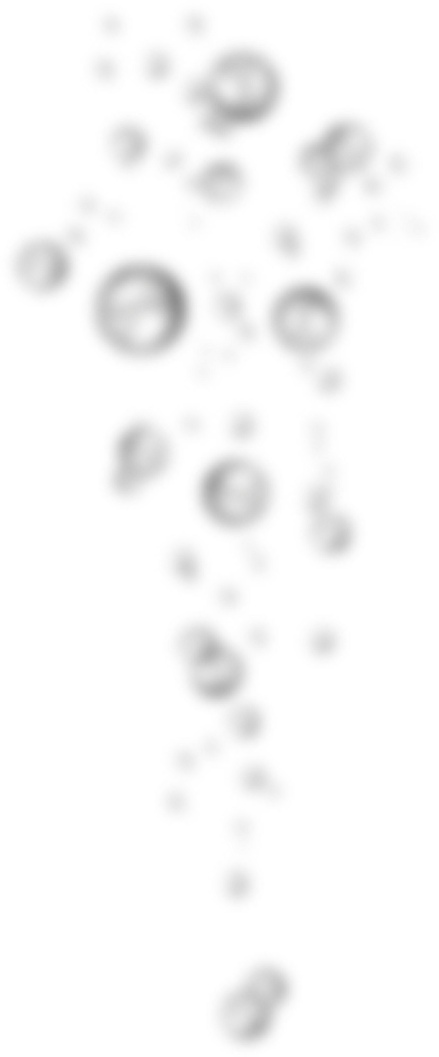
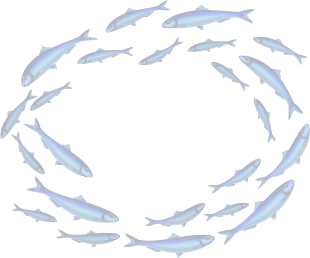
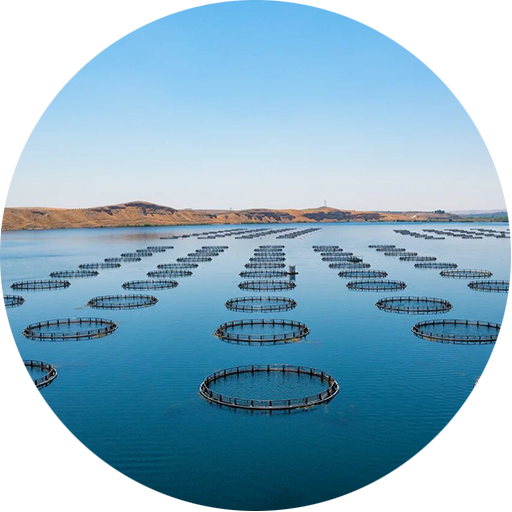
Where We Are
Our production begins at our hatchery in Muğla, where we incubate both Turkish Salmon and sturgeon eggs under tightly controlled, biosecure conditions. This facility ensures a consistent supply of healthy fingerlings for all AyFish operations.
Turkish Salmon is grown year-round in our Gaziantep farms near the Karkamış Dam, where cool-flowing waters of the Euphrates River support stable and efficient growth, even during summer. In Elazığ, we farm salmon seasonally in the deep, clean waters of Keban, producing fish with excellent appearance and meat quality.
Most of our sturgeon production takes place in Keban (Elazığ), where the depth, clarity, and ideal temperature range create optimal conditions for long-cycle farming. We currently manage over 1,000 tonnes of live sturgeon in this region. With sturgeon meat already on the market and caviar production planned for 2027, AyFish leads Türkiye in sturgeon aquaculture and ranks among the top global producers.


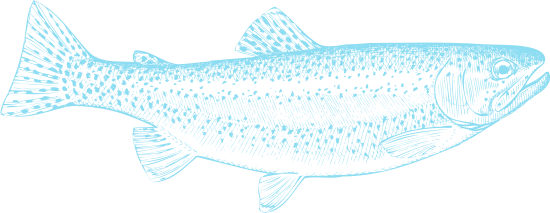
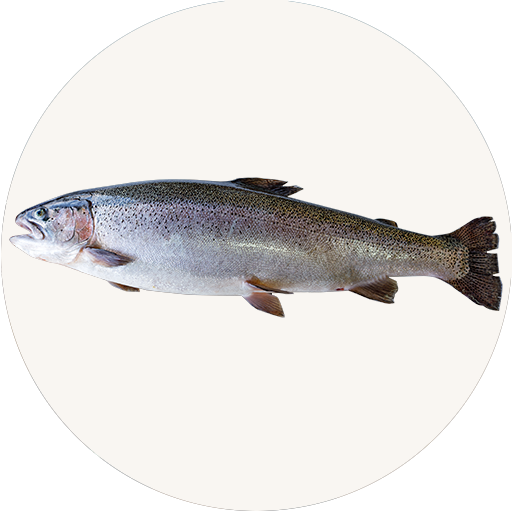
Our approach
At AyFish, we believe that delivering high-quality seafood starts with responsibility at every step of production. From hatchery to harvest, our operations are built around the health and welfare of the fish—ensuring clean, controlled conditions that translate into reliable product quality.
Our fully integrated model allows us to monitor each stage of the lifecycle, using sustainable practices, carefully balanced nutrition, and modern infrastructure to raise strong, healthy fish. This focus on consistency and care results in premium products trusted by partners around the world.
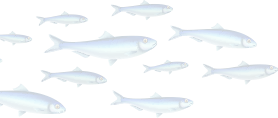





Fikrat Hajiyev, CEO.
"In aquaculture, it's essential to protect natural resources—not only for our planet, but for local communities and future generations. Freshwater is limited, so we must use it in the most responsible way possible.
It’s not enough to simply avoid pollution. We must invest in better systems and bring innovation to improve the conditions of the environments we rely on. As demand for food increases, every company in this industry has a responsibility to produce with care—for today, and for the generations that follow."



